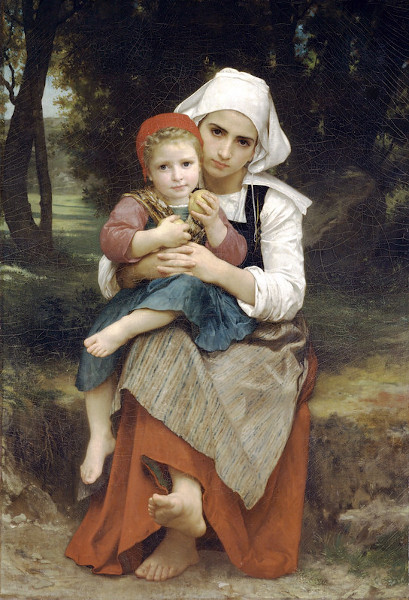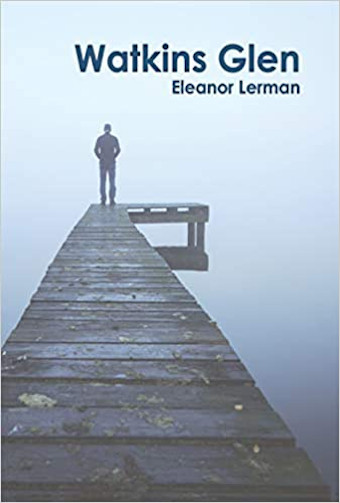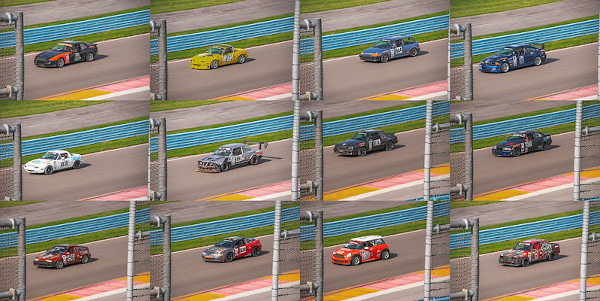‘Watkins Glen’ Tells a Moving Story of the Remarkable Strength of Family Bonds

The night my brother hung up on me, I tried to call back several times but he didn’t pick up and I didn’t think I could keep asking his elderly neighbor to go on banging on his door until he agreed to answer the phone again. So I watched TV for a while and then went to sleep because I had to be up early to get to work. In the morning, after I showered, dressed, and had two cups of coffee, I left my house, got in my car and started the twenty-minute drive from Glen Downey, the hamlet where I actually lived, to the town of Watkins Glen. The trip took me along the road that looped below the southern tip of Seneca Lake—the largest of the eleven Finger Lakes in the region. Glen Downey probably owes its name to being down east of the lake but no one other than its own inhabitants would assume that, because for most people, the real attraction in the area, the most important and the only one that really matters, is the Watkins Glen International racetrack. Watkins Glen is the mecca of road racing history in North America and still home to one of the most celebrated speedways in the world.
If there were two hundred people who lived in Glen Downey itself, I would have been surprised. The village has no main street and not even a post office, just a crossroads where you take the route into the town of Watkins Glen or head either downstate, towards New York City or else east or west, which leads you further out into the farm fields and off along the back country roads. Even Watkins Glen itself, spread around the southern tip of Seneca Lake, isn’t exactly a major population center—less than two thousand people live there year-round. But in the racing season, which usually lasts from around April to early September, who knows how many thousands of people come to town from all over the world, taking up motel space, camp grounds, and Airbnb room for miles around the Finger Lakes region in western New York State.

Even though my brother and I always said that we spent our summers in Watkins Glen when we were kids, the ramshackle house my parents rented every year, a relic with a water pump and a horse trough out back, was actually in Glen Downey. That place burned down years ago and the house I was renting now was a few miles away, on a rural road that wandered near the flat dirt roads where my father used to drive in unlicensed, unregulated, un-everything-to-do-with-anything legal-drag races that seemed to have ceased sometime in the 1960s when the generation that was into that kind of thing died out or moved away. Or whatever they did. Now, there isn’t much drag racing in the back country around here anymore—at least, not in any organized way, and certainly not for the kind of cash that could get a family of four through a whole summer.
Anyway. The gift shop where I worked was not near enough to the racetrack to be super busy, but during racing season we still brought in a steady crowd of visitors. We sold the usual race-related memorabilia including hats, tee shirts, key chains and model race cars, but also kept a few shelves stocked with homey items like scented soaps and car-themed potholders for the people who owned or rented summer houses along the lake. And, there was a corner devoted to souvenirs for those people who came here to fish, because there were some, especially when there was a tournament being held at the lake, like the National Lake Trout Derby, held every year in the spring. For those types, we stocked items like those stupid wall plaques with a big, plastic fish that turns its head to look at you and say ridiculous things in an offensive voice.
It was the middle of September now, and the racing season was over, but other big, annual events like an Oktoberfest were about to start up, so we were still doing a pretty brisk business. After I got to the gift shop that morning, I spent most of my time at the cash register ringing up the festival-related items that people were buying, such as souvenir beer steins, bobble-head figures wearing lederhosen, and sunglasses with little plastic bratwurst curved above the lenses like wiener-shaped eyebrows. This went on until one o’clock when I took my lunch break. I had brought a cheese sandwich, a soda and a bag of chips with me, which I ate at a picnic table out back. It was a warm day but the breezes had a sharp edge to them, a hint, a warning, that the trees on the hills all around me would soon let autumn turn them into a blazing red and orange spectacle—briefly, it always seems—before winter bites down on us, and bite it will. With icicle teeth.

I finished my lunch and then tried to call my brother again, but there was still no answer. I tried once more when I was on a break late in the afternoon, with the same result. So, when I got home that evening I finally called Mrs. Makofsky. She was kind enough to go knock on Mark’s door for me again, but this time, when she came back, she said he didn’t want to answer the phone just then.
“Do you know why?” I asked her, forgetting that I was supposed to try using my limited stock of Yiddish words and phrases.
“He says he is busy,” Mrs. Makofsky told me.
I thanked her and hung up the phone. I tried dialing Mark once more but of course, he didn’t pick up. There were some programs I had wanted to watch on TV tonight—the new fall season had finally started and the premier episode of one of my favorite shows was on at eight— but I knew that I wasn’t going to be able to pay attention. Oh well, I thought, and went to sit on my front porch, carrying a glass and the bottle of chardonnay I had opened last night. There was a narrow, rarely traveled rural road at the end of my front yard and beyond it, the edge of another stand of dense woodland. As I finished the wine, I saw a couple of bats whipping around the treetops; they are mostly silent things, small and elusive unless you really look for them, which is what I was doing. It’s like at night, they take the place of all the birds who have gone to sleep in their secret places; water birds far out on the lake, starlings and pigeons and sparrows deep in the grasses and the trees.

Either you got used to the intense quiet here at night or it could feel spooky. I was used to it and to the bright trails of starlight, to the dark, sentinel shapes of the trees. I was doing my best to relax into the feeling of being alone in country, getting loopy on white wine and ready to nod off, but my real self, the self that was nowhere ready to tune out, wasn’t having any of that because it was too focused on fighting a thought that was taking shape in my mind no matter how hard I tried to push it away.
And I was trying: I was even thinking about going back in the house to see if I had another bottle of wine stashed somewhere so I could get drunk enough not to think about anything, but when I finally got up, all I did was walk over to my car, which was parked around the side of the house, and open the door so I could read the gas gauge. What I was wondering was whether I would have to stop anywhere close to Watkins Glen to gas up for a five-hour drive to Brooklyn or go on for a while until I reached a smaller town where fuel would be cheaper. The tank was half full, which was good—it meant I’d be able to head south past Binghamton to I-81 until I had to find a gas station. And probably someplace for breakfast because by then I’d be hungry. And I’d probably also want to stop to consider what I was doing, just in case I changed my mind and decided to get back into the car and turn around.
This is an excerpt from Watkins Glen (Mayapple Press), a new book by award-winning writer and poet Eleanor Lerman. It’s published here with permission.
Highbrow Magazine
Image Sources:
--Gandalf’s Gallery (Flickr, Creative Commons)
--Ken Lane (Flickr, Creative Commons)
--Vlad Povrovny (Flickr, Creative Commons)
--Mayapple Press































































































































































































































































































































